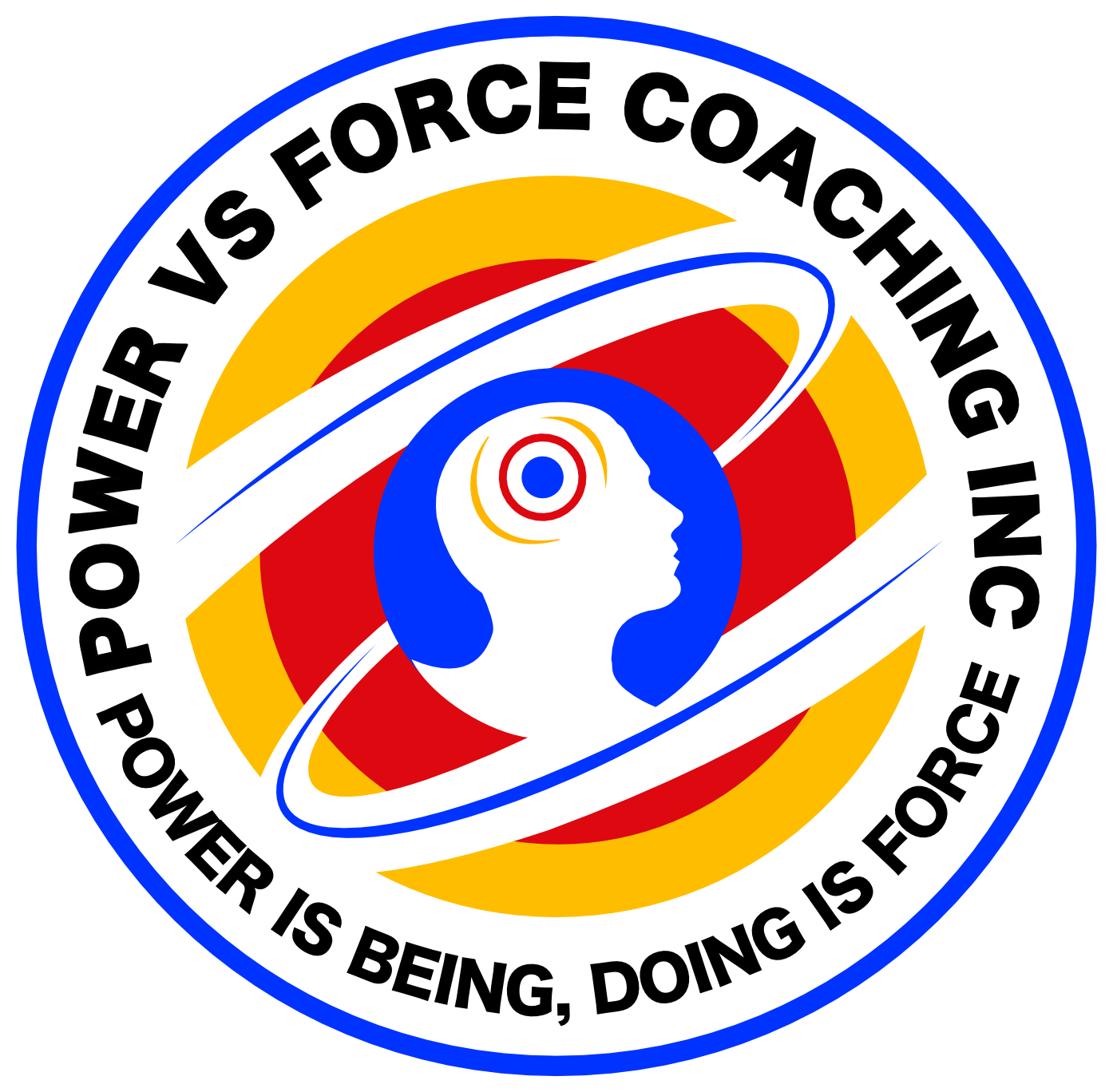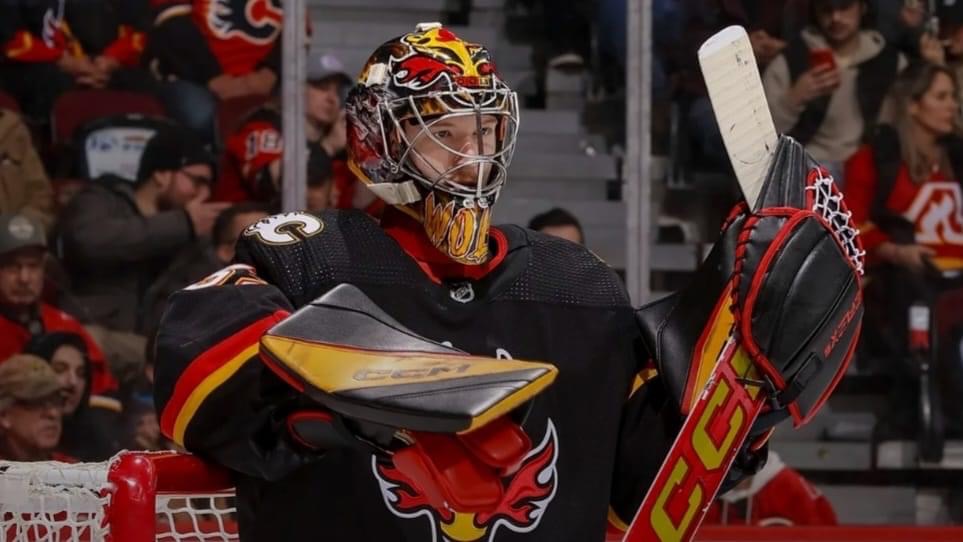“From Good to Great: Embracing Resilience for an Unshakable Swagger in Hockey”
“He’s got an unflappable swagger, if that makes any sense, where whether he’s let five or six in, doesn’t change him. If he lets one in, it doesn’t change him. If he lets none in, it doesn’t change him,”.
Flames head coach Ryan Huska said about Dustin Wolf, after a 3-2 come from behind win over Carolina.
In hockey, the goalie is the last line of defence. They are often the only person on the ice who plays the
whole game, and the team’s fate rests on their shoulders. Not only does this unique job require skill and
speed, but it also needs a special mental trait called resilience. Having an “unshakeable swagger,” which
is a mix of confidence, calmness, and the ability to get back up after a goal or a loss, depends on being
resilient. This piece goes into detail about why hockey goalies need to be mentally tough and how that
helps them stop the puck, be resilient, have fun, and do well in the game.
What it Means to Be Resilient in Hockey
What Does “Resilience” Mean?
In hockey, resilience is more than just getting back on track after a bad game or a missed save. It is
about keeping your mind strong, staying focused, and staying upbeat even when things are really tough.
For a goalie, this means not letting one missed goal lead to another and staying confident no matter what
the score is, and always trying to get better.
The Unshakeable Swagger
An ‘unshakeable swagger’ is the visible manifestation of a goalie’s resilience. It has an aura of confidence
and control that can intimidate opponents and inspire teammates. This swagger does not mean
arrogance; it is about having a calm and assertive presence in the net, showing that you are unfazed by
the challenges ahead.
The intention is to stop the puck, be resilient, and have fun.
Not letting the puck through is the goalie’s main job, which takes both physical and mental skill.
Elite goalies are better able to stay calm and focused, observe the game, anticipate shots, and make
speedy decisions. When you give up a goal, being resilient helps you get over the disappointment
quickly and get ready for the next save.
Getting Better from Errors
In every sport, errors happen, and hockey is no different. A determined goalie does not see errors as
failures, but as chances to learn. Setbacks can be used as stepping stones to success by goalies who
reflect on what went wrong and how to get better.
Consistency Under Pressure
There is a lot of pressure in hockey games, especially during crucial times like close games or in the
playoffs. No matter how important the game is, a resilient goalie always does their best. This level of regularity is important for unity among teammates and can often mean the difference between winning
and losing.
Strategies for Goalies to Build Resilience
Building Resilience: Strategies for Goalies
Having an optimistic mindset is particularly important for growing resilience. Instead of worrying about
things they cannot change, like the play of his teammates or the referee’s calls, goalies should focus on
what they have control over, such as how they prepare and how they react to the game.
Physical Preparation
Being physically active, working out properly, and eating healthy are particularly important. A player who is well-prepared is better equipped to use their skills, which makes them more resilient. Key parts are
consistent physical activity, fitness training, and excellent sports nutrition.
Mental Training
Mental training, including techniques like visualization, mindfulness, and positive self-talk, can greatly
influence a goalie’s resilience. Visualizing successful saves and positive outcomes can help in building an unshakeable swagger.
Embracing Challenges
Goalies who are resilient do not see challenging circumstances as threats but as chances to
demonstrate their skills and get more effective. Maintaining a positive mood when playing through a
difficult game or just from facing too many shots can make you stronger mentally.
The Role of Fun in Building Resilience
Enjoying the Game
Finding fun in hockey is an important part of building resilience. When goalies enjoy what they do, they
are more likely to stay motivated and committed, even in tough times.
Team Support
Having a supportive team setting can also make hockey more fun and help goalies get stronger. Support
from teammates, coaches, and parents can help you feel better about yourself and keep a positive attitude.
Bottom Line
Hockey goalies need to be resilient in order to create an unshakeable swagger. Not only is it about
stopping the puck, but also about building mental toughness that lets you stay focused, learn from your
errors, and enjoy the game no matter what. Goalies can improve their performance and enjoyment of
the game by building resilience. This will eventually lead to a more successful and satisfying hockey
season.





